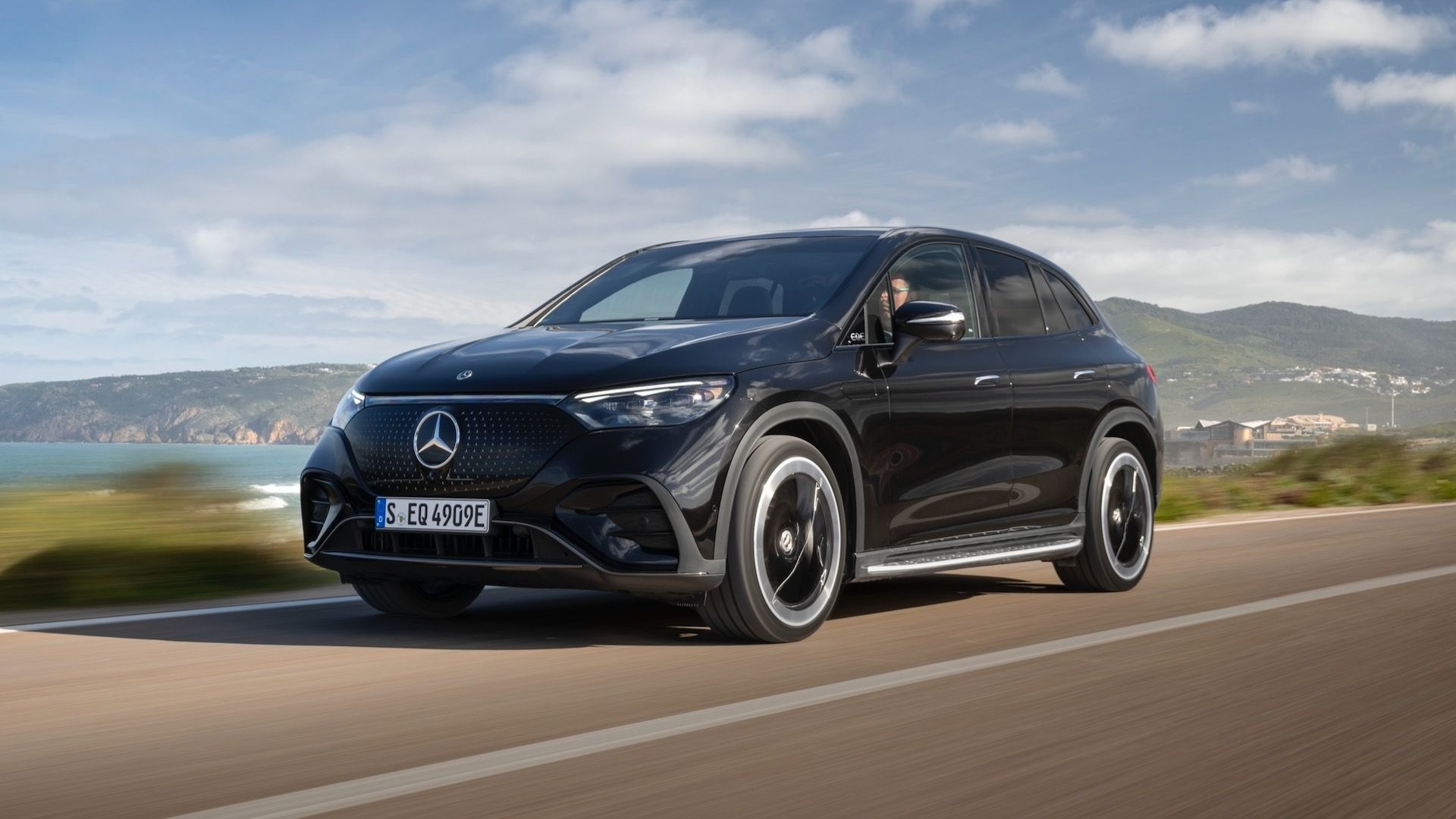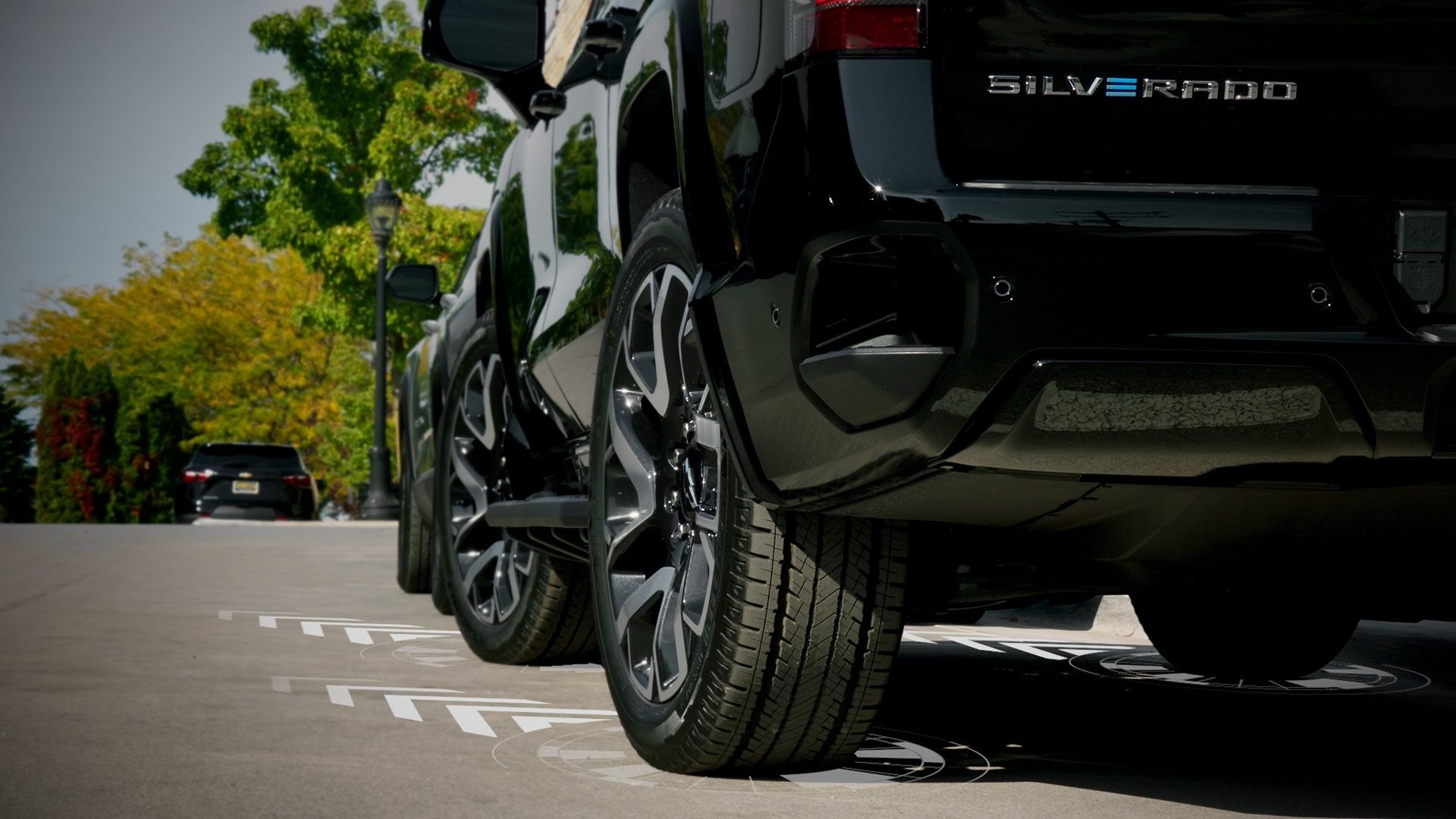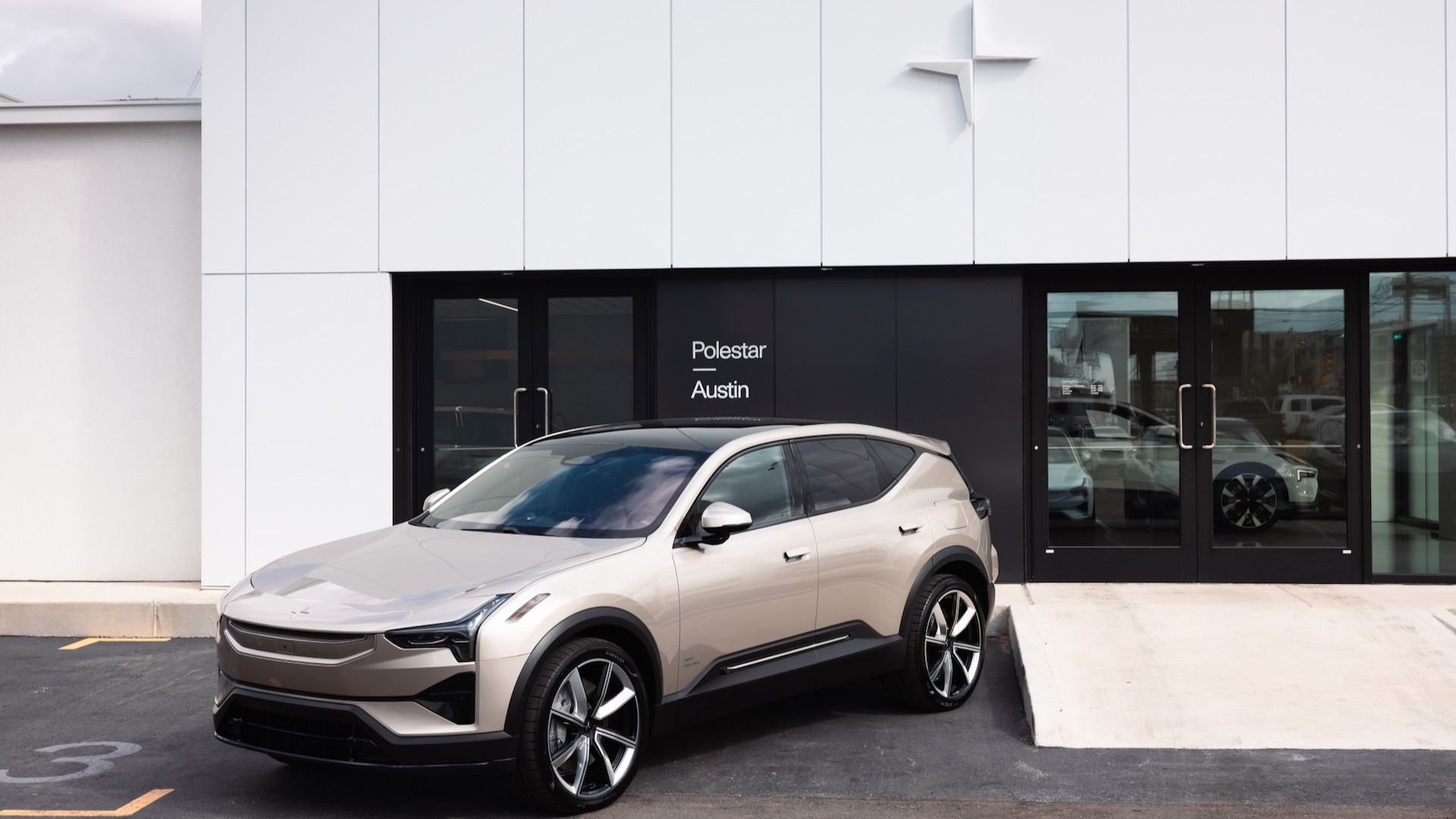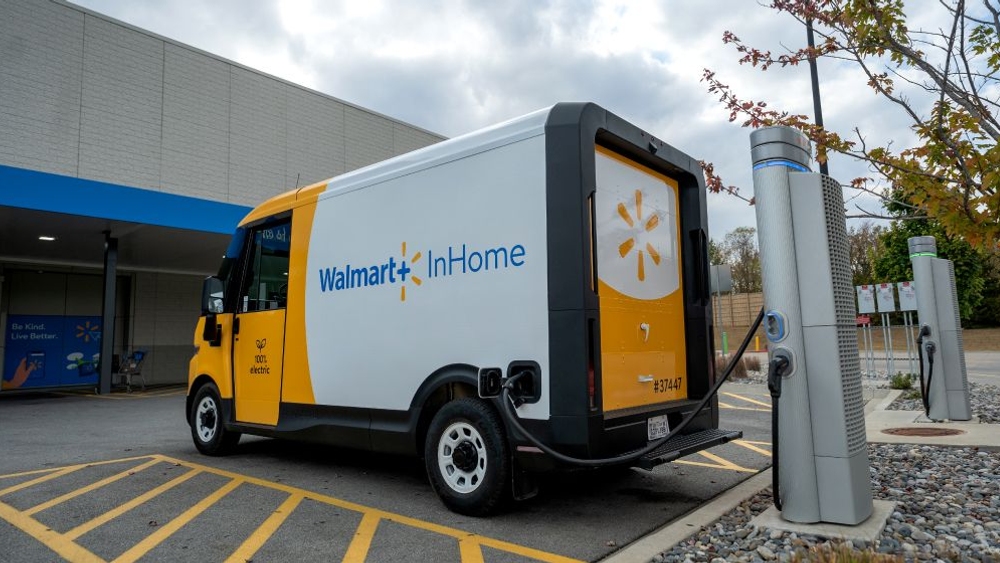Corn-based ethanol is, to say the least, a controversial topic.
While it's shown promise as a viable renewable fuel, there are concerns that large-scale ethanol production of corn-based ethanol could affect prices for food and animal feed.
So why not use a crop that isn't tied to the global food supply?
Now Reuters reports that Boeing is partnering with South African Airlines (SAA) to make jet fuel from tobacco, which would be a carbon-neutral feedstock.
The fuel will be made from a hybrid tobacco plant called Solaris and is to be produced by alternative jet-fuel maker SkyNRG, which currently supplies biofuel to KLM Royal Dutch Airlines for flights between New York City and Amsterdam.
Test-farming of the plants--which are nicotine-free--is underway in South Africa. Boeing and SAA expect fuel production to begin sometime in the "next few years."

KLM biofuel-powered airliner (KLM)
It would use of existing farms in South Africa that would otherwise be idled by the gradual decline of tobacco consumption in Western countries, without elbowing in on food supplies or relying on cellulosic sources that essentially don't exist yet.
The latter concern has impeded the growth of the alternative-fuels industry in South Africa so far, the Reuters report claims.
SAA's participation also guarantees a ready customer for tobacco jet fuel. This contrasts with the situation in the U.S., where regulators have had to reconcile a mandate requiring increasing amounts of ethanol to be used for vehicle fuel with widespread consumer disinterest in flex-fuel vehicles.
This isn't the first renewable jet-fuel project Boeing has been involved in. The aircraft maker is also researching "green diesel," which is made by splitting molecules from waste oils and fats with hydrogen.
Both efforts could curtail the airline industry's carbon emissions--which account for 2 percent of the global total today. That number could rise to 3 percent by 2050.
[hat tip: John C. Briggs]
_______________________________________________












